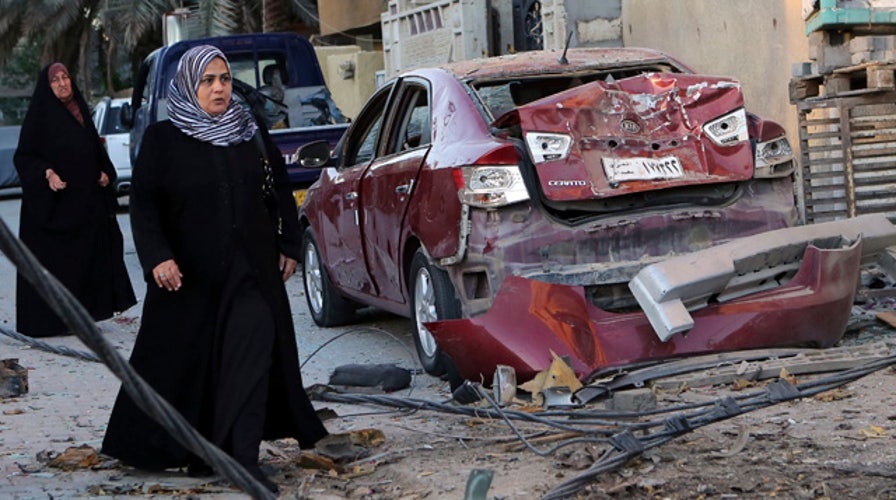Is Al Qaeda operating freely in Iraq?
Ambassador John Bolton on how the terrorist organization is gaining strength in the region
5,740 Iraqis have been killed so far this year. Almost 1,000 died during the past month according to the United Nations Assistance Mission to Iraq. In the last year Al-Qaeda has resurged in Iraq, carrying out attacks in Baghdad and surrounding provinces. The increased violence has presented security challenges for Iraqi Prime Minister Nouri al-Maliki and his government.
Defcon 3’s KT McFarland asked Former United States Ambassador to the United Nations and Fox News Contributor John Bolton about the current situation in Iraq.
“This reflects the general deterioration of the security situation in Iraq over the past several years since the Obama Administration pulled American forces out,” said Bolton.
[pullquote]
Bolton sees a direct link between the U.S. military pullout in 2011 and the increase in violence. “The consequence of the withdrawal of American military forces is that the country itself is again becoming destabilized.” He added that “Al Qaeda has returned despite being defeated in the surge of 2006 and 2007.”
An Al Qaeda affiliate claimed responsibility this past Monday for a September bomb attack in Iraq's Kurdistan region. This was seen as unusual as it was their first major attack in the region since 2007.
Bolton says the attack is “particularly significant.” Al Qaeda appears to be strategic in its strikes, aiming to tear the country apart along sectarian lines. “What they might be trying do here … is provoke the Kurds into acting so that the Shiites turn their attention away from the Sunni areas but that in any event could precipitate a war of all against all,” said Bolton.
A sectarian civil war in Iraq could prove beneficial for the terrorist organization. “As in Yemen, as in Somalia, as in Libya, as in Syria for Al Qaeda and other terrorist groups to take root in essentially an anarchic situation within what used to be the shell of Iraq,” said Bolton, adding it could prove a national security crisis for the United States.
Watch the full interview with Ambassador John Bolton above.

